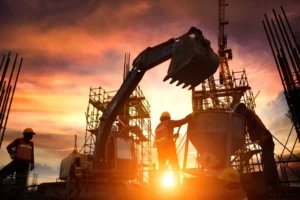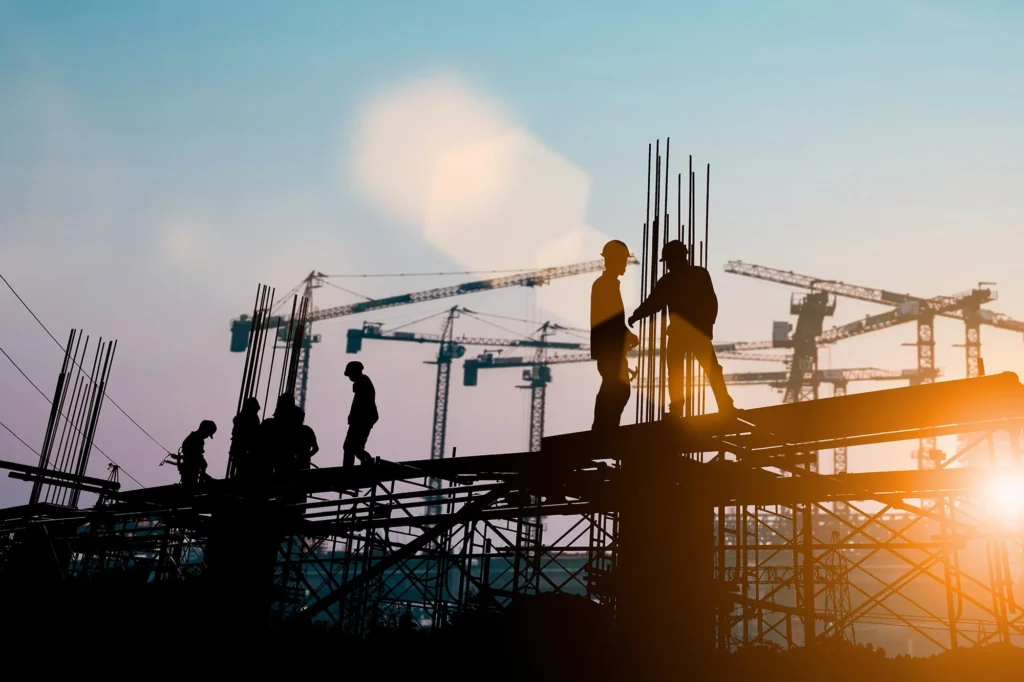Nigeria’s construction industry is grappling with a steep spike in building costs, which have surged by nearly 70% over the past 15 months. Developers, contractors, and engineers say the rapid escalation is straining project budgets and delaying both private and government-funded developments.
Cement, Steel, and Labor Drive Price Hike
A combination of soaring cement prices, rising steel import costs, and higher wages for skilled labor have fueled the inflation. Cement prices have risen from an average of ₦4,000 to over ₦7,000 per bag in many parts of the country, while the cost of reinforcement bars and other metal inputs have also climbed drastically due to naira depreciation and international supply chain disruptions.

Logistics and Fuel Expenses Compound Challenges
Compounding the crisis are growing logistics costs. With diesel prices hitting record highs and road conditions worsening, transporting materials has become significantly more expensive. Stakeholders say these transportation challenges have raised material delivery fees by more than 50%, especially for projects in remote or developing regions.
Housing and Infrastructure Delivery Under Threat
This cost surge poses a serious threat to Nigeria’s already struggling housing sector. Affordable housing projects, in particular, face major setbacks, as contractors either slow down work or abandon sites entirely due to unsustainable expenses. Public infrastructure projects such as roads, bridges, and schools are also facing similar risks, raising concerns about delayed timelines and compromised quality.
Experts Call for Government Support
Industry professionals and economists are urging the federal government to implement immediate relief measures. Key suggestions include reducing tariffs on imported materials, providing targeted subsidies for construction inputs, improving access to credit for developers, and encouraging local manufacturing of steel and cement to ease reliance on imports.
Broader Economic Consequences
If unchecked, the sustained rise in construction costs could dampen investor confidence and increase housing deficits, especially in urban centers like Lagos, Abuja, and Port Harcourt. The ripple effects could include reduced job creation, slowed GDP growth, and increased real estate prices beyond the reach of middle- and low-income Nigerians.
A Sector in Need of Urgent Stabilization
While demand for housing and infrastructure remains high, the current cost environment threatens to derail the construction sector’s momentum. Unless decisive policy interventions are made, experts warn that many upcoming projects may either stall or be indefinitely postponed.







